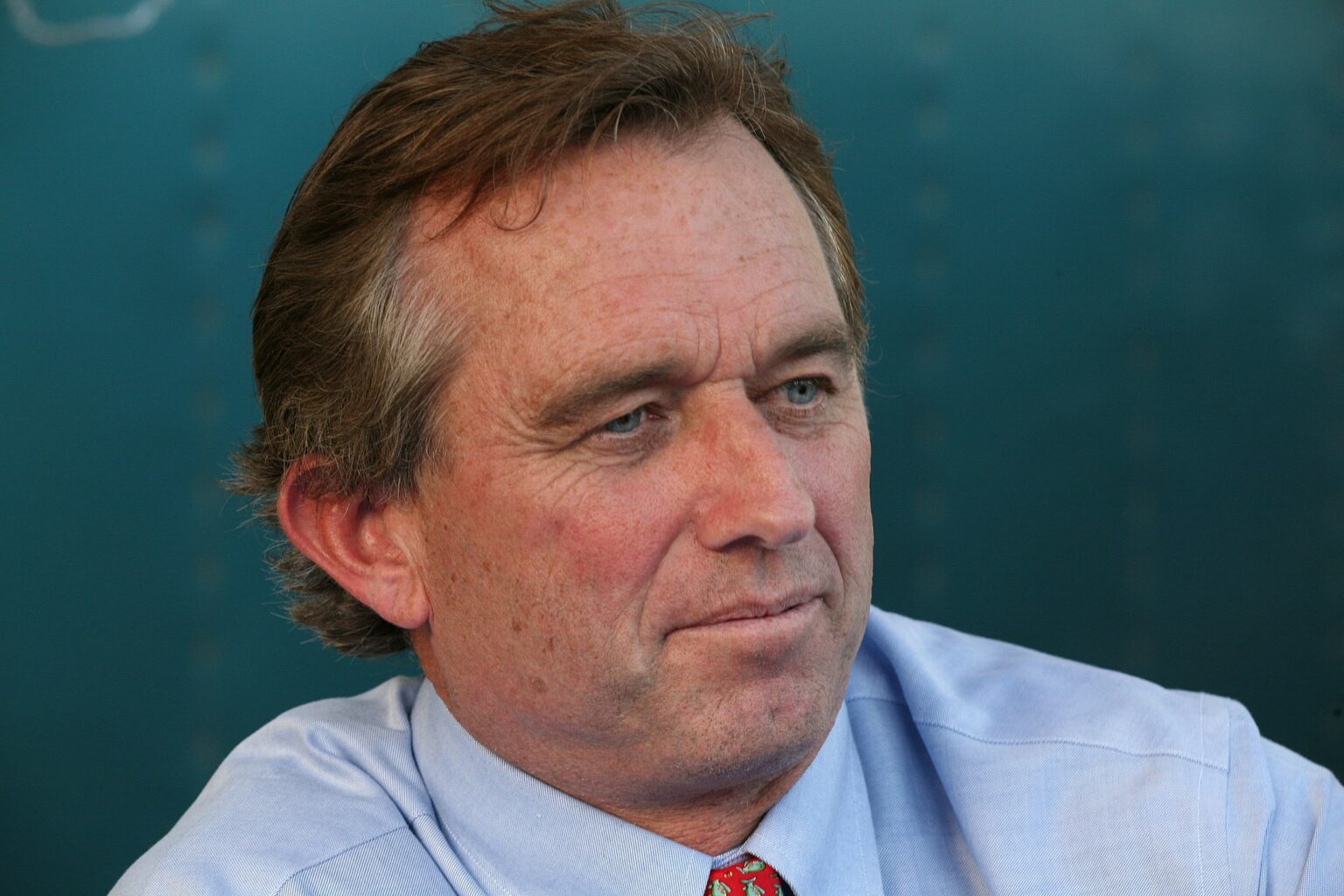What will Biden do now?
While the White House has remained silent about Robert F. Kennedy Jr., he has become a topic of discussion among many other people. Kennedy, who shares the name and lineage of his late father, Senator and Attorney General Robert F. Kennedy, as well as being the nephew of President John F. Kennedy, launched an unexpected Democratic primary presidential bid for 2024. Despite his slim chances of successfully challenging President Joe Biden, Kennedy’s campaign could still pose some concerns for the incumbent.
During a SiriusXM interview, Kennedy expressed his belief that President Biden would not compete in early Democratic primary states like Iowa and New Hampshire, citing Biden’s fifth-place finish in the New Hampshire primary during his previous campaign. Kennedy suggested that Biden prefers states where the results can be more controlled. While Biden did finish fourth in the Iowa caucuses in 2020, his campaign was saved by a strong showing in South Carolina, prompting the Democratic National Committee to prioritize the state this time.
However, New Hampshire, which is mandated by state law to host the first primary, does not seem to align with Kennedy’s expectations. He plans to heavily campaign in the Granite State in hopes of securing an early victory.
Conspiracy theories form a part of Kennedy’s platform, both in public policy and political matters. In a book published in 2021, Kennedy criticized COVID-19 lockdowns and Dr. Anthony Fauci, who was President Biden’s former chief medical adviser and had disagreements with former President Donald Trump over pandemic responses. Kennedy argues that free speech is under threat due to government censorship. He has also criticized Biden and the Democratic National Committee for their failure to host primary debates.
While these positions are in line with Kennedy’s established views, his polling numbers have been surprisingly high. A recent CNN poll showed Biden with only 60% support among Democratic-leaning voters, with Kennedy receiving 20% and self-help guru Marianne Williamson earning 8%.
The White House has chosen to ignore Kennedy’s campaign thus far. When asked about it, press secretary Karine Jean-Pierre declined to comment, citing a law that prohibits government employees from engaging in overt political campaigning. Requests for comment were redirected to the Biden campaign and the Democratic National Committee, neither of which offered a response.
Kennedy’s campaign believes that the media should pay more attention to his candidacy, as his growing support indicates that the public is taking him seriously. However, when Kennedy does receive media coverage, it often focuses on the controversial aspects of his positions. Following a lengthy conversation with Elon Musk on Twitter Spaces, media headlines were critical of Kennedy’s anti-vaccine conspiracies and his association with right-wing ideas and misinformation.
While Biden’s decision to ignore Kennedy and Williamson’s requests for a debate is not unusual, as no incumbent president has ever participated in a primary debate, it may enhance Kennedy’s appeal as an outsider, similar to how Donald Trump and Bernie Sanders courted voters who felt left behind. Kennedy contends that the American public has been deprived of real decision-making power and that the government and media have become instruments of corporate power and propaganda.
Kennedy has garnered support from figures like Twitter founder Jack Dorsey and podcast host Joe Rogan. However, his controversial positions, including his anti-vaccine stance, views on Ukraine, and endorsement of musician Roger Waters, who has been criticized for antisemitism, have attracted criticism as well.
Democratic strategists argue that Biden’s decision to ignore Kennedy is the right approach, as there is currently no reason for the White House to be concerned. They believe that as voters learn more about Kennedy, his popularity will diminish. Some suggest that much of Kennedy’s support may stem from curiosity or a desire for an alternative to Biden, as he bears a resemblance to his iconic father, who remains a symbol for many Democrats. Exposure could be Kennedy’s downfall, according to T.J. Rooney, another Democratic strategist.
Kennedy’s campaign, despite its limited impact on Biden’s prospects, hints at potential weaknesses within the incumbent president. Historical examples, such as Senator Edward M. Kennedy challenging President Jimmy Carter in 1980 and weakening Carter’s chances of reelection, demonstrate that primary challenges can have significant consequences. Kennedy’s relatively strong polling numbers could also entice a more mainstream Democrat, such as a governor or senator from a large state, to enter the race and challenge the 80-year-old Biden. However, it remains to be seen if such a scenario will materialize.
For now, the White House’s strategy of ignoring Kennedy appears justified, with experts suggesting that engaging with him would only elevate his standing.
